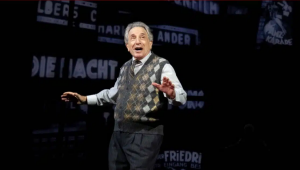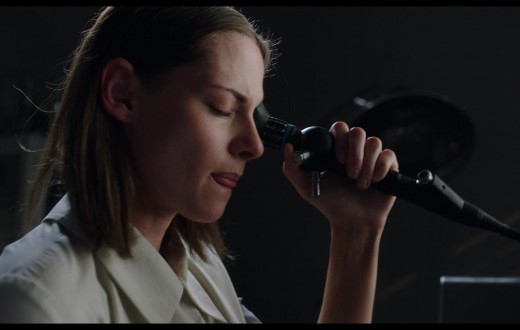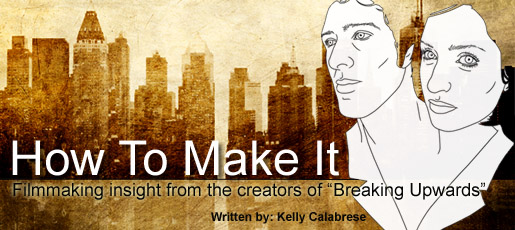Acting goes beyond simply reciting lines and performing; it requires exploring the inner complexities of the characters. An aspect of this exploration is astute observation, enabling actors to infuse their portrayals with authentic emotion and depth. Observation is indispensable for actors, as it enables them to grasp and realistically depict characters with diverse emotions and behaviors.
Understanding Observation in Acting
Acting involves more than just passive watching; it requires an active, intentional approach. Actors carefully examine people, their actions, emotions, and interactions, as well as the smallest gestures in the world around them. This thorough examination enables actors to gain a deep understanding of their characters and bring them to life on stage or screen.
The Role of Observation in Character Development
A character on paper is a framework, a blueprint. It’s the actor’s job to fill this blueprint with colors of personality, quirks, and traits. Through observation, actors collect a treasure trove of mannerisms, speech patterns, and body language. This collection becomes their toolkit, helping them craft a character that’s three-dimensional and believable. For instance, observing the stooped posture and tentative steps of an elderly person can help an actor convincingly portray an aged character.
Chip Zien of Harmony on Broadway. Photo by Julieta Cervantes.
I recently saw Harmony on Broadway, and the senior actor, Chip Zien, spit sometimes when speaking. Excess saliva is a common issue for the elderly. Whether Chip was doing this on purpose for his character development, or if it was real, we’ll never know, but it definitely brought out the authenticity of his character. I was impressed!
Empathy through Observation
Understanding and sharing the emotions of others, known as empathy, is a critical skill for actors. Rather than simply imitating actions, actors develop the ability to genuinely experience the underlying feelings by closely observing people in various emotional states. By studying the subtle cues of someone in distress, such as furrowed brows and averted gaze, actors can authentically convey the intricate depths of sorrow or fear.
Building a Rich Emotional Palette
Similar to how a painter blends colors on a palette, actors gather emotions through observation. By observing life, they encounter a range of emotions in genuine situations — happiness, sadness, frustration, affection. These emotional encounters are stored by actors and can be accessed when developing a character or scene. It’s this emotional connection that strikes a chord with audiences and leaves a lasting impression from the performance.
Improvisation and Spontaneity
Observation keeps an actor’s instincts sharp. It fuels spontaneity, enabling actors to react in the moment during a performance. This is particularly important in improvisational theater, where actors may need to respond to unexpected developments. A keen observer can quickly adapt, using observed behaviors and emotions to react authentically in an unscripted situation.
Enhancing Non-Verbal Communication
Much of communication relies on non-verbal cues. Actors develop a smart ability to interpret and utilize body language, facial expressions, and gestures through careful observation. This skill is invaluable in scenes where dialogue is minimal or non-existent, and emotions need to be conveyed subtly yet powerfully.
The Mirror of Society
The art of acting frequently mirrors the values and norms of a given society. Through keen observation of their surroundings, actors develop a heightened sensitivity to social subtleties, cultural intricacies, and fundamental human experiences. This heightened awareness enhances their craft, enabling them to embody characters that resonate with and mirror the realities of their audience.
Observation as a Continuous Learning Process
The power of observation is not a skill that one masters overnight. It’s a continuous learning process. Actors must remain perennial students of life, observing and learning from every experience. Each observation adds a layer of depth to their craft, making their performances richer.
Challenges and Ethical Considerations
While observation is a potent tool, it comes with its challenges and ethical considerations. Actors must respect privacy and boundaries while observing. It’s about finding a balance between being an observer and respecting the observed individual’s space and dignity. The last thing you want to be considered is the “creepy person staring at me”.
The power of observation is an major part of an actor’s toolkit. It’s not just about watching life unfold; it’s about immersing oneself in the intricacies of human behavior and emotion. Through observation, actors can transcend the script, offering performances that are not just seen but felt, not just heard but experienced. As they continue to observe and learn, they keep refining their craft, one observation at a time, ensuring that the characters they bring to life are as vivid and multifaceted as the world they reflect.








